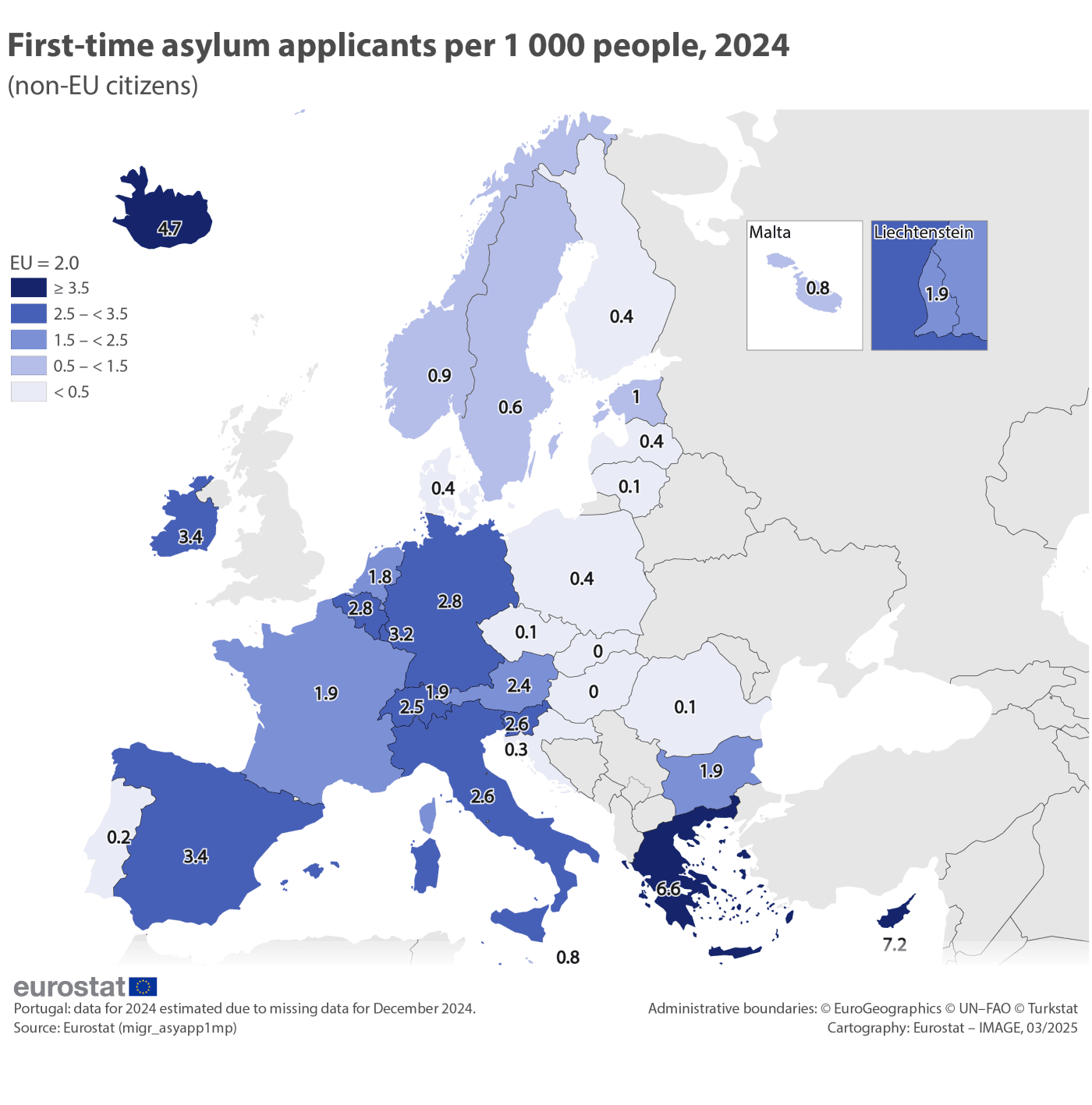Spain Welcomes 77,000 Asylum Seekers in First Half of 2023
In a notable departure from the tightening migration policies observed across much of Europe, Spain has adopted a welcoming stance towards migrants, viewing immigration as a potential driver of economic growth. Between January and June 2023, the country received approximately 77,000 asylum seekers, reflecting the Socialist-led government"s commitment to integrating new arrivals into Spanish society.
Key Details
The influx of 77,000 asylum seekers in the first half of 2023 marks a significant development in Spain"s migration policy. This figure highlights the country"s proactive approach in a time when many European nations are implementing stricter border controls and more stringent immigration regulations. The Spanish government, led by the Socialist Party, perceives immigration not merely as a humanitarian issue but as an economic asset that can contribute to the nation’s growth.
Spain"s government has rolled out various measures aimed at legalizing and integrating these new arrivals. These initiatives are designed to ensure that asylum seekers can contribute to the economy and society, thereby enhancing Spain"s labor force and addressing demographic challenges. The welcoming approach contrasts sharply with other European countries that have tightened their immigration policies, reflecting a broader debate within the continent regarding the role of migrants in national economies.
Background
As Europe grapples with a growing refugee crisis and rising anti-immigration sentiments, Spain"s decision to embrace migrants stands out. The Socialist-led government believes that integrating asylum seekers can help alleviate labor shortages and stimulate economic growth. This perspective is particularly relevant given Spain"s economic recovery following the COVID-19 pandemic, which has highlighted the need for a robust workforce.
Spain"s welcoming stance is also part of a broader strategy to enhance its international reputation as a country that values human rights and humanitarian assistance. By providing refuge to those fleeing conflict and persecution, Spain aims to position itself as a leader in progressive migration policies within Europe.

Image for Spain welcomes 77,000 asylum seekers in first half of 2023
What"s Next
The Spanish government"s commitment to immigration as an economic strategy may have significant implications for future policy directions. As the integration of asylum seekers progresses, Spain may serve as a model for other European nations grappling with similar challenges. The success of these initiatives could influence ongoing discussions about migration policies across the continent, potentially encouraging other countries to adopt more inclusive approaches.
Furthermore, as Spain continues to welcome asylum seekers, it will be essential to monitor the outcomes of these integration efforts, including their impact on the labor market and social cohesion. The government"s ability to effectively manage this influx will be critical in shaping public perception and future immigration policies.
For more information on related developments in immigration policy, see our coverage on recent developments in political responses to migration across Europe.

![[Video] Federal officers deploy sting balls and flash grenades at Whipple Building](/_next/image?url=%2Fapi%2Fimage%2Fthumbnails%2Fthumbnail-1768340555229-vhfcc-thumbnail.jpg&w=3840&q=75)
![[Video] Crowd-control weapons used in Minneapolis as anti-ICE protesters attack police vehicle](/_next/image?url=%2Fapi%2Fimage%2Fthumbnails%2Fthumbnail-1768336302231-akxf7s-thumbnail.jpg&w=3840&q=75)

![[Video] Protests erupt in Minneapolis after ICE detains teenager, multiple arrests made](/_next/image?url=%2Fapi%2Fimage%2Fthumbnails%2Fthumbnail-1768331835371-z9ylqg-thumbnail.jpg&w=3840&q=75)


![[Video] Gunfire between Iraqi security forces and Sadr militias in Baghdad](/_next/image?url=%2Fapi%2Fimage%2Fthumbnails%2Fthumbnail-1768343508874-4redb-thumbnail.jpg&w=3840&q=75)
